The workshop "Bio-inspired Perception in Robotics: From Biological Insights to Advanced Sensing Systems" has been successfully held at IROS 2025. We extend our sincere gratitude to all the invited experts and attendees for their invaluable contributions and active participation, which made this event a resounding success.
IROS 2025 Workshop
Biomimetic Perception in Robotics: From Biological Insights to Advanced Sensor Systems
Grand Ballroom D, Hangzhou International Expo Center
8:30-12:45 (UTC+8), Oct. 20th, 2025
Bio-inspired perception represents a transformative frontier for robotics, offering novel solutions to enhance autonomy and adaptability in dynamic, unstructured environments. This workshop focuses on cutting-edge bio-inspired sensing technologies, including lateral line perception (emulating fish mechanoreceptors for hydrodynamic sensing), whisker-based tactile systems (inspired by mammalian vibrissae for object recognition in low-visibility environments), and others. These mechanisms replicate the precision of natural sensory organs to develop integrated robotic systems capable of real-time environmental mapping, target identification, and adaptive navigation in challenging scenarios such as turbid waters, cluttered terrains, or low-light conditions.
The workshop further explores sensing technologies in bio-inspired robotics, including soft robotics and aerial robots. A key innovation lies in bridging robotics, biology, and sensor engineering to address a critical challenge: translating biological principles into energy-efficient, scalable sensor technologies for real-world deployment. For example, artificial lateral lines—inspired by fish sensory systems—enable underwater robots to detect hydrodynamic disturbances, facilitating collision avoidance in marine exploration. Similarly, whisker-inspired tactile arrays empower mobile robots to recognize object textures and shapes in complete darkness. These advancements directly enhance robotic autonomy, enabling applications in environmental monitoring, search-and-rescue missions, and industrial automation. The workshop will feature interdisciplinary dialogues on biological principles, sensor design, and robotic applications.
Invited speakers
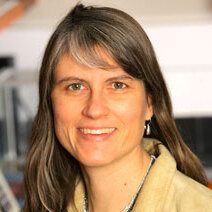
Northwestern University
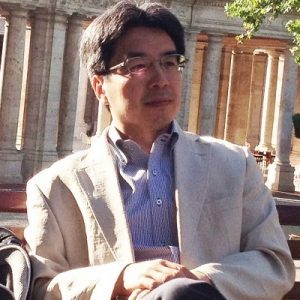
Chiba University
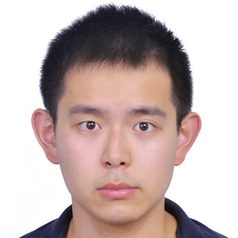
The Pennsylvania State University
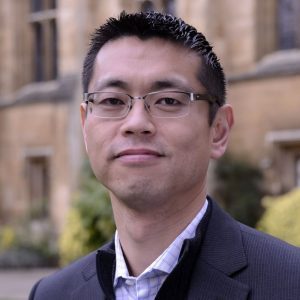
University of Cambridge
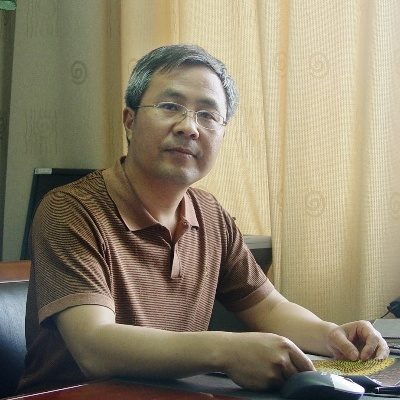
Nanjing University of Aeronautics and Astronautics
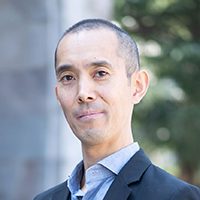
Institute of Science Tokyo
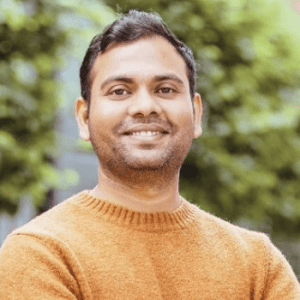
University of Groningen
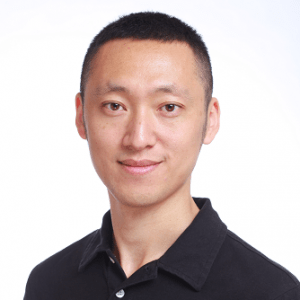
Beijing University of Posts and Telecommunications
Schedule
| Time | Name | Affiliation | Country | Talk |
|---|---|---|---|---|
| 8:30 – 8:35 | Xingwen Zheng | Zhejiang University | China | Welcome & Opening Remarks |
| 8:35 – 9:00 | Ajay Kottapalli | University of Groningen | Netherlands | Miniature Cilia Sensors: Bio-inspired Innovations for Advanced Sensing (Online) |
| 9:00 – 9:25 | Mitra Hartmann | Northwestern University | USA | Whisker-based touch and flow sensing (Online) |
| 9:25 – 9:50 | Fumiya Iida | University of Cambridge | United Kingdom | Bio-inspired reliable sensorized soft robots for dexterous manipulation |
| 9:50 – 10:15 | Hao Liu | Chiba University | Japan | Biological fluid dynamics focusing on drag reduction and/or biomimetic design in UAVs |
| 10:15 – 10:40 | Zhendong Dai | Nanjing University of Aeronautics and Astronautics | China | Human's locomotion dynamics: innovating research methods, revealing fundamental roles and inspiring robot design |
| 10:40 – 11:00 | / | / | / | Coffee Break + Poster Pitch Session |
| 11:00– 11:25 | Yang Ding | Beijing University of Posts and Telecommunications | China | Artificial Lateral Line–Based Perception in Underwater Robots: From Real-Time 3D Localization to Intermittent Swimming Strategies |
| 11:25 – 11:50 | Hiroto Tanaka | Institute of Science Tokyo | Japan | Wind sensing by flexible flapping wings |
| 11:50 – 12:15 | Baxi Chong | The Pennsylvania State University | USA | Tactile sensing and vertical wave modulation to enhance multi-legged locomotion on rugged landscapes |
| 12:15 – 12:25 | Nicholas Gunter | University of Colorado Boulder | USA | Multilaminate soft piezoelectric actuators for low-voltage microrobots |
| 12:25 – 12:35 | Zhiqiang Ma | Beihang University | China | Biomimetic Hydrodynamic Sensing: Insights from Chinese Eyeless Cavefish |
| 12:35 – 12:45 | Lei Wu | Northwestern Polytechnical University | China | From Biological Morphologies to Embodied Reconfigurable Perception |
Organizers




Sponsors
Recommended journals




Contact
If you have any questions about this workshop, please contact:
Xingwen Zheng <xingwen.zheng@zju.edu.cn>
Views: 1177


